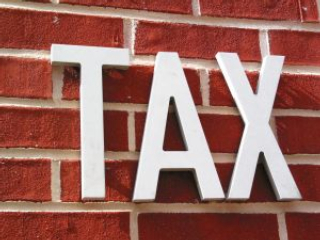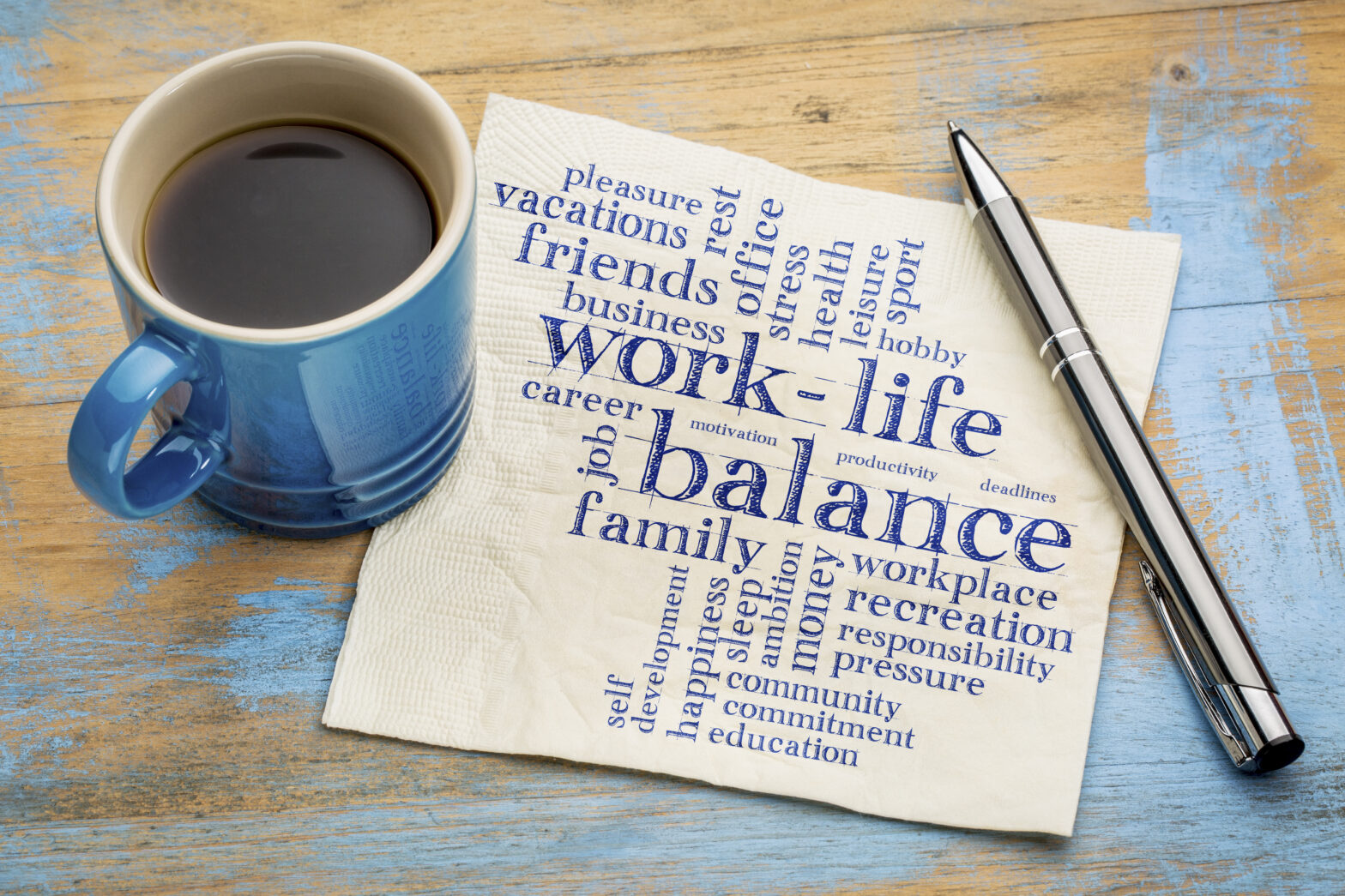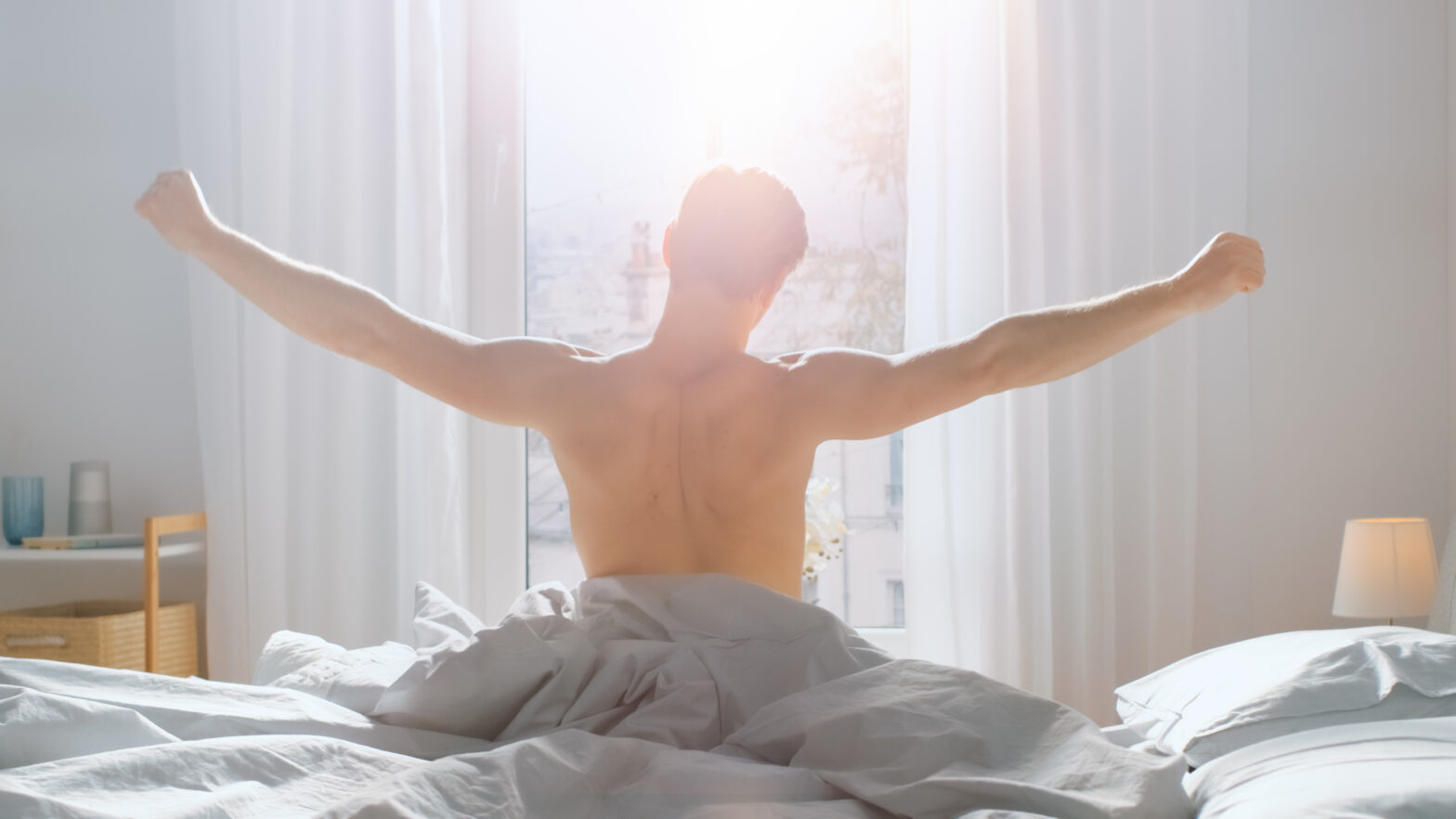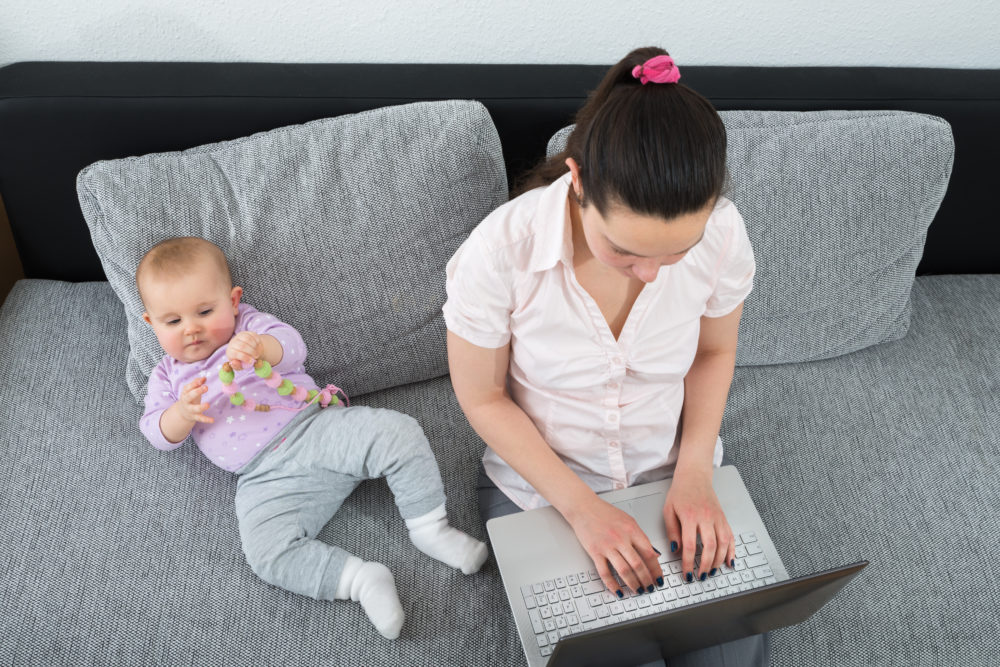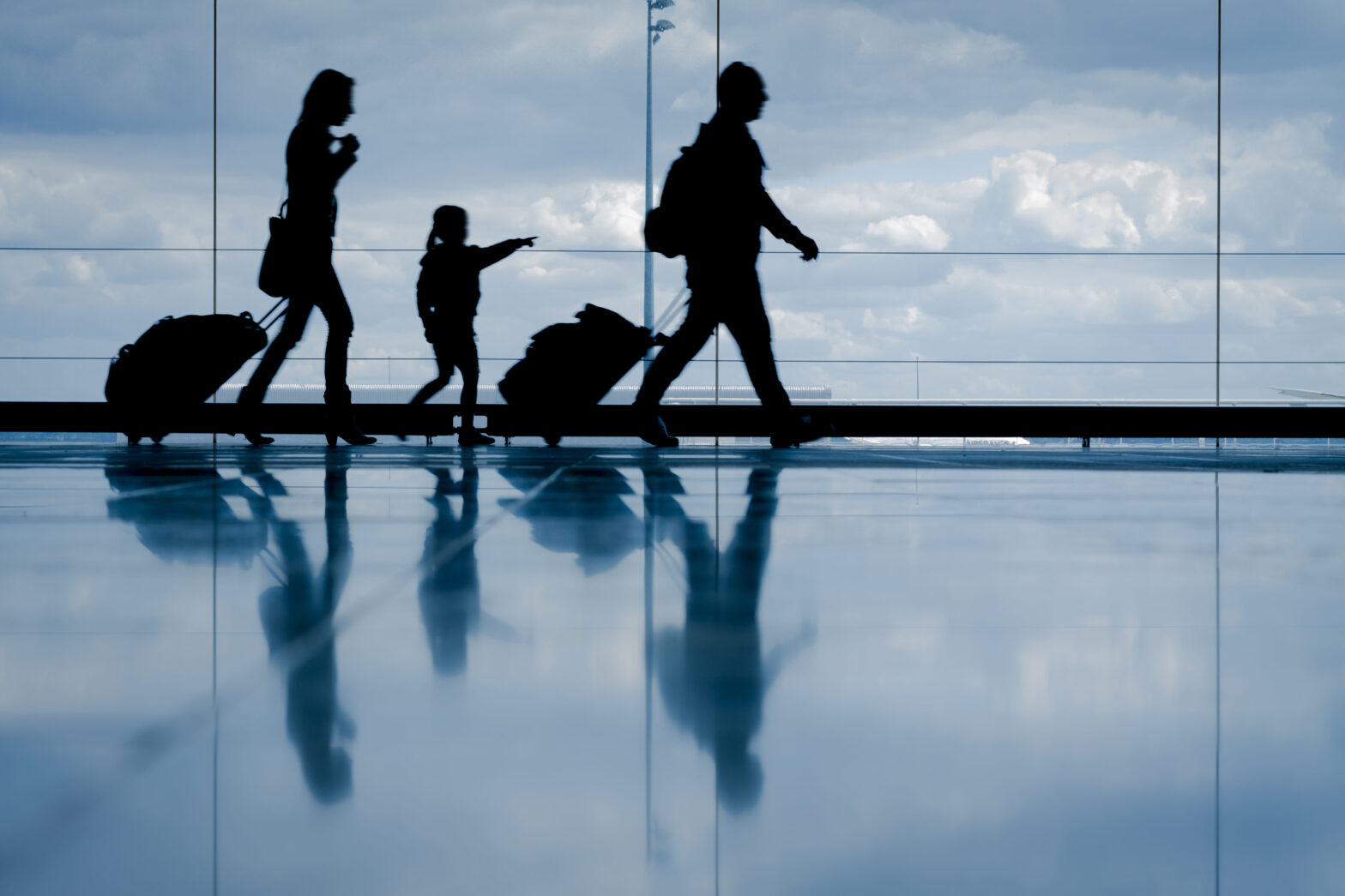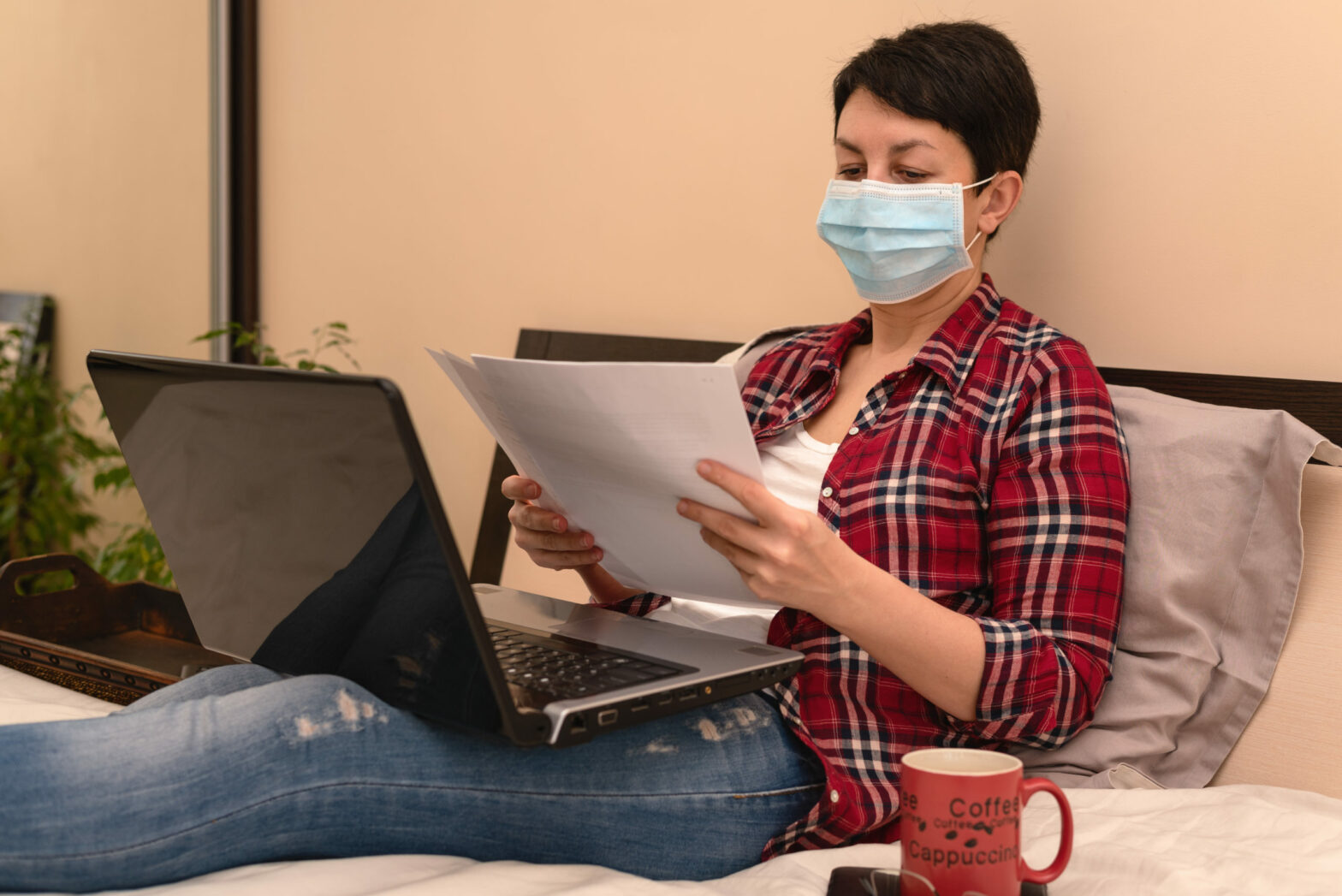The expenses claimed back against income tax in your tax return must be ‘wholly and exclusively’ for the purposes of the trade or business.
Home offices
If you run your business from home, a proportion of the expenses of the residence used for business, such as an office or workshop, can be deducted from your taxable profits on your self-assessment tax return.
Provided a discrete room or space is for the business, it is usual to calculate the proportion of the house occupied by the business and charge the appropriate percentage of council tax, heating and lighting and so on, to the business. If a shared telephone is used, a proportion of the bill can be charged to the business too.
Beware of CGT
Care must be exercised however to ensure the claim for use of part of the house as an office is proportionate. If you sell the property at some future point HM Revenue and Customs might take the view that the area used as an office should be disallowed from the exemption for capital gains tax (CGT). That means part of any profit on the sale of the house is subject to CGT.
Equipment
Any significant equipment purchased for the business would be counted as ‘capital expenditure’ and would qualify for an Annual Investment Allowance (AIA).
Some items are eligible, like computers, others are not.
Vehicles
If a car is used in the business, a proportion of the cost of running a car – petrol, repairs, servicing and so on – might be allowable as well as a 25 per cent writing down allowance.
Alternatively you can charge 40p per mile (up to 10,000 miles) for business mileage. To claim car expenses against your business profits you need to keep a record of mileage to justify the claim. Other items might be eligible as deductions in your self-assessment tax return if they appear to meet the “wholly and exclusively used in the business” test.
